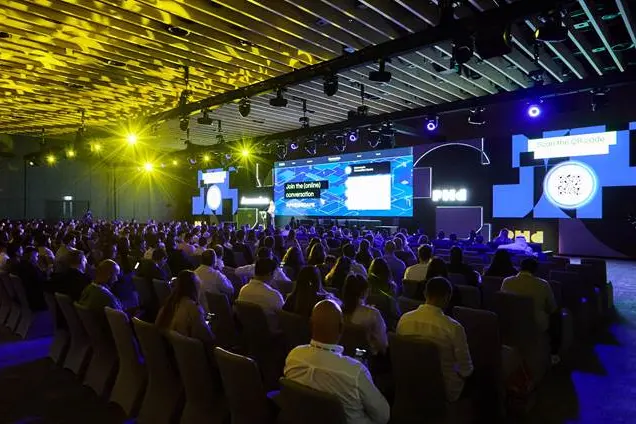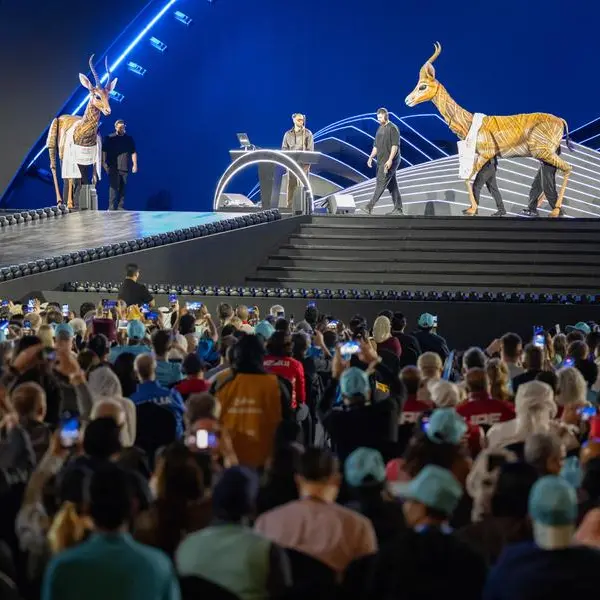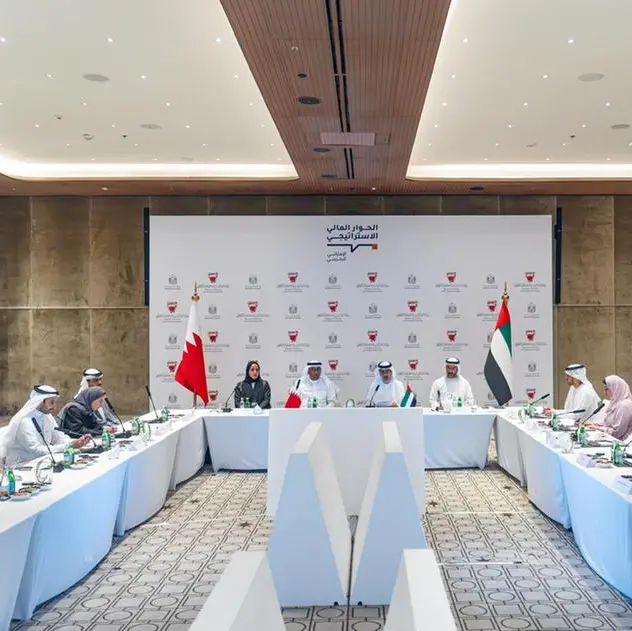PHOTO
Dubai: If there was any anxiety about the spread of Artificial Intelligence (AI) in the marketing ecosystem, the 390 delegates at this year’s PHD BrainScape conference are no longer feeling it. The conference at the Bluewaters Forum by Banyan Tree, which gathered marketers, agency professionals and media owners, presented them with a broad perspective of the opportunities and benefits for the marketing community, businesses and the creative economy.
The event featured Mark Holden, PHD’s Worldwide Chief Strategy Officer, Dr Alex Connock, Senior Fellow at Oxford University’s Saïd Business School, author and entrepreneur, and social scientist, researcher, author and entrepreneur, Léa Steinacker. They shared their individual take on what the future holds for marketing and media professionals in the world of AI and how to rise and thrive in it.
The first key take out is that AI, as a tool and a colleague, relies on training data and prompts to execute commands, which will continue to require human intervention. This keeps us in control. Another is that creative work, innovation, requires motivation and emotion, yet current AI models of creativity focus primarily on the cognitive dimension and lack the cultural context and personality factors. “Our gut is often called our second brain and plays a major part in our ability to feel and analyse,” explained Lea Steinacker. “AI models can’t reproduce that or the irreverence and unpredictability of human genius. This allows us to look and move forward rather than constantly looking behind. The future belongs to those who can develop those centaur skills, combining human creativity with the computational power of AI. In a test as part of a study on working with AI, a team of consultants who used the technology to perform 18 tasks, completed on average 12.2 % more tasks, completed them 25.1 % faster, and achieved 40% better results than the team that didn’t collaborate with AI.”
Dr Connock explained that AI will lead to a creative explosion. “It will happen with AI not in spite of it. It doesn’t mean we’re losing our creative agency to the technology, because we remain the ultimate creators,” he said. Dr Connock also highlighted the opportunity for media to license their data to train AI models, offering a solution to the thorny issue of copyright. He also delved into the crucial issue of the use of AI for reinforcement learning and recommendation engines to surface content and brands or products, while consumers are modelled and readied for optimization. “What’s really exciting is the developments in emotionally intelligent models, generative search and AI optimization. Marketers who can master these will get a bigger share of the future. And it starts now, not in five years’ time.”
PHD’s Mark Holden shared the results of a survey of 700 marketers around the world by PHD and WARC, which also highlighted the urgency to remove the barriers to AI. When 86% of marketers – both client-side and agency – do not have the sufficient knowledge levels to lead their respective organisations/clients in AI, the emphasis is on acquiring, developing and applying knowledge. Another key barrier is technical apprehension, the lack of technical expertise in Generative AI, more acutely felt among client-side marketers. “Gen AI is a major Cambrian explosion set to upend the world. And marketing. We all need to get ready now,” argued Mark Holden. “After an initial period of experimentation, organisations must gear up for the upcoming acceleration era (2026-2028), where AI integration will rapidly increase. Investing in AI-focused training and development is critical for scaling AI solutions across the organization. The real magic happens when we power with Gen-AI and Machine Learning to build Enterprise AI, leveraging Frontier Models to go from Assistants to Agents. Our own Enterprise AI platform Omni already has a consulting layer with advanced AI assistants. CMOs will eventually become owner-operators of their organisation’s LLM and act as orchestrator of these interoperable capabilities. By then, agents may well be seen as staff but taking executive decisions above AI will require human empathy and intuition.”
“AI is no longer science fiction or the stuff of movies. It’s here and it’s here to stay. It’s not only big, it’s going to be bigger than the internet in terms of impact. There already are more than 13,000 AI tools available. Our message to our colleagues and partners is simple get out there, test, try and learn. Now,” commented Dan Shepherd, co-managing director of PHD MENA. “We’ve been doing this for about 10 years now at PHD and we’ve integrated the technology in several of our strategy, planning systems like Omni. And now we’re really seeing the shift, the impact and the results. This edition of BrainScape is our most collaborative yet as we’re sharing the AI knowledge we’re acquiring with everyone in our generative publication, Ascension (https://ascension.phdmedia.com). The digital transformation of marketing will accelerate with this impetus and create many opportunities for marketing professionals at every level.”
This edition of PHD BrainScape was produced in partnership with J Group and Phi Advertising.
FOR MORE INFORMATION, CONTACT:
Amreen Ahmedi, PHD MENA
E: amreen.ahmedi@omnicommediagroup.com




















